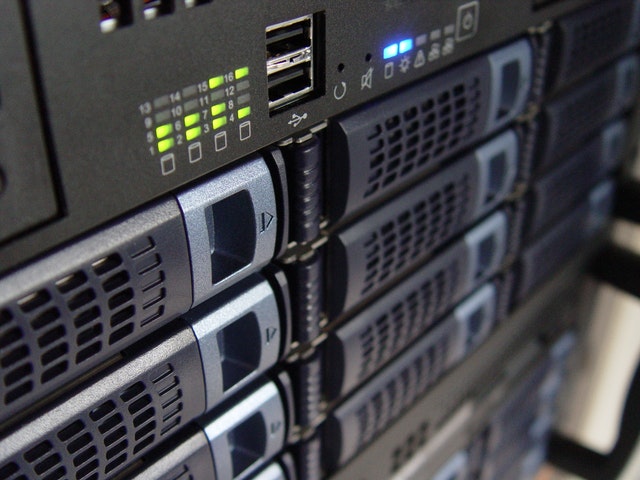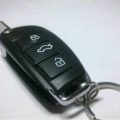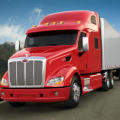In the 1960s, if you pictured a computer, a mainframe that occupied an entire room probably came to mind. Today, if you picture a computer, it probably fits on your lap or in your hand. Those new to the commercial and manufacturing industries may not know there’s another category, the industrial computer.
Industrial Computers Introduction
IBM released the first industrial system in 1984, the 5531. The first systems were rack mounted, while more recent releases use an x86 PC-based computing platform. Businesses use these systems for data acquisition, process control or in a distributed processing system as a front-end system for another control computer. The 19-inch rackmount continues to be the most popular form factor choice.
The software for these systems consists of programs like Labtech Notebook, LabView, TwinCAT and Wonder Ware. In some cases, the purchaser programs their own software.
Industrial Systems Design
Their specialized nature means they’re released in a much smaller volume. These types of systems feature an easily extensible design. You can add
analog or digital I/O cards to both PC and rack mounted designs to add capability. Although the performance speeds and other specifications may be comparable, industrial models cost more than office systems. The systems usually a COTS motherboard. Manufacturers of these systems use hearty components designed to withstand lower and higher operating temperatures and the rigors of a plant environment. Some systems can successfully operate between the temperatures of -40 to 75°C and feature additional cooling with air filtering.
An emerging design of industrial PCs, the panel PC, features a touchscreen LCD packaged with the motherboard and other electronics. Lower cost versions offer no environmental seal while higher cost models feature waterproof seals conforming to IP67 standards. Explosion proof models also exist for use in hazardous environments.
Other common features may include:
- alternate cooling means like conduction, forced air, or liquid;
- expansion card support;
- enhanced EMI filtering and gasketing
- protection from environmental factors
- sealed Circular-MIL or MIL-SPEC connectors
- higher grade power supplies
- access control to the controls using locking doors
- access control to the I/O using access covers
System Examples
Although many think of the manufacturing plant environment when it comes to industrial computers, these systems serve a number of functions, including industrial automation, the computer or device automation of technical processes.
You may see industrial systems provide function outside the plant:
- electronic commercial or public signs
- public security monitoring
- traffic control automation
- public spaces or transportation access control
- fleet management tracking.
In restaurants, this type of computer system lets patrons key in their orders without the help of the wait staff. The kitchen staff receives the order and the table information. All staff communicate through headsets tied into the computer system.
Another example is the kiosks in airports that allow a customer to complete flight check in or in a hotel or motel that let them check in or out using their booking number. The system provides the customer with their flight information or a room assignment and key code to enter it.
The hearty systems designed for extreme cold or heat, you’ll find installed at automated car parks to enable entry and exit. These take a gate key or payment using credit cards or cash.
The applications for industrial systems are many and growing. With the advent of the Internet of Things (IoT), additional automation can occur. You may be able to scale your business more effectively using industrial computing systems. If you need to automate processes or increase efficiency, consider industrial computing as a solution. Whether used in a plant or in a customer-facing solution, these systems can improve production and service.































No Comments
Leave a comment Cancel